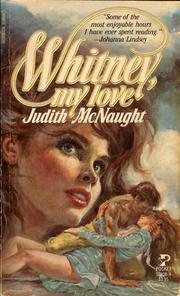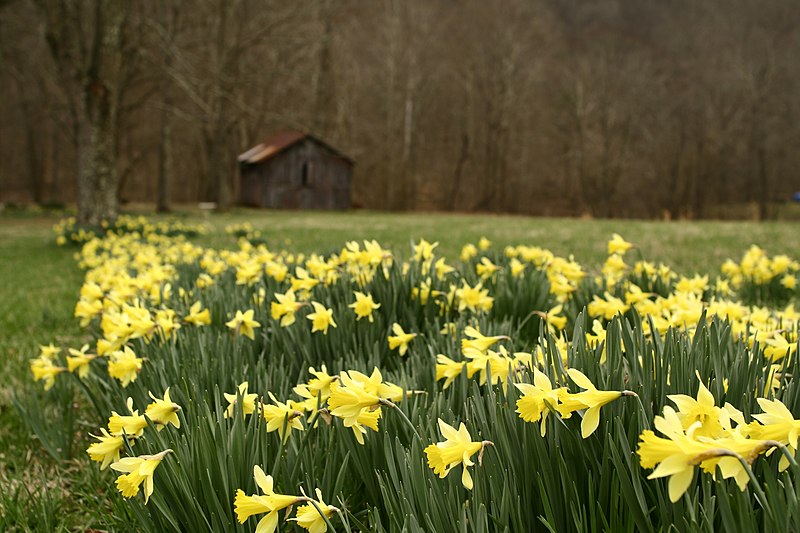Judith McNaught today climbed to the top of Ranker.com's Best Romance Novelists list so we'll use that as the excuse to feature one of her early novels as our first Romance feature.
 Whitney, My Love
Whitney, My Love broke new ground when it was published in 1986. Most romance novels set in the "regency" period (the 1820s and 1830s) followed a formula: introduce the heroine first, tell a relatively light, relatively short story with no explicit sex. McNaught turned that formula on its head with
Whitney. She introduced the dark "hero", Clayton Westmoreland, first and the novel was much longer and contained and emotional and sexual intensity that was distinctly absent in regencies of the time.
While one reviewer characterized it as "a novel...rich with laughter, tears, and the power of dreams." However, like many of the classic "bodice-rippers"
Whitney does have disturbing themes. Westmoreland rapes Whitney and does what is now referred to as blaming the victim for long stretches. Violence against women is romanticized. A different reviewer put a positive spin on this saying that it does show how far romance novels have come in their depiction of gender roles. Heroes now know how to take "no" for an answer and the heroines no longer "find their place" but find heroes who can keep up.
Judith McNaught's books are readily available for a few dollars online at retailers like
Biblio.com.
Today's poem:
The End of the Chauvinist
In all my years, the man began,
A roll of the eyes, a look at the pan,
I've never heard such foolishness!
Their eyes lock, in her back, a rigidness,
To think I should listen, appreciate
Squares her shoulders, sets down the plate,
Your opinions, the "work" that you do
Picks up the onion, stabs it right through.
Where's the damn dinner, better not be stew!
Walks swiftly past, drops the onion by Drew,
Hey! What? and a gurgle and sputter
But she's already gone, he can only mutter.
from
Moments, by Greg Schroeder available in ebook format for 99 cents on
Smashwords.com














.jpg)

